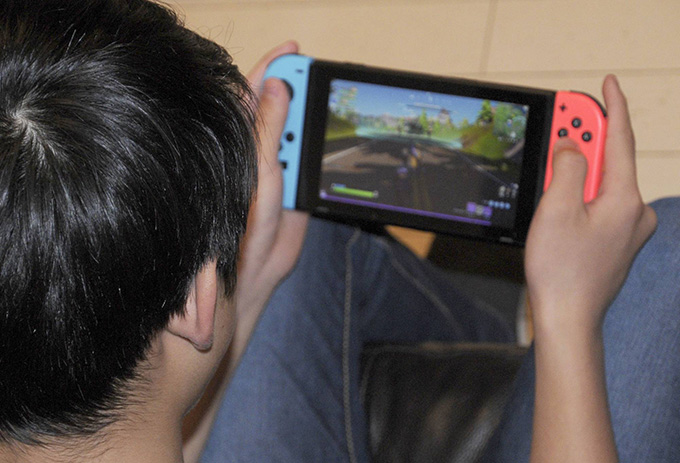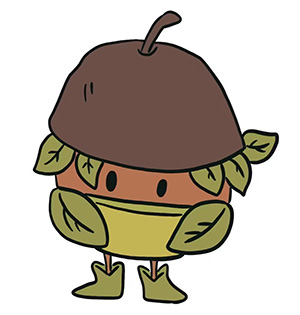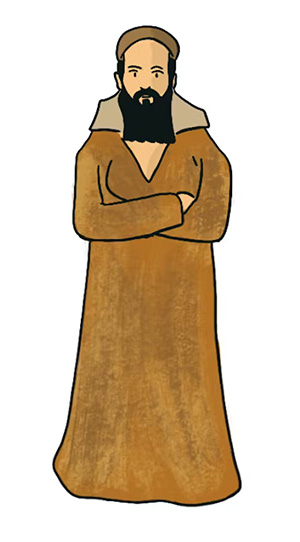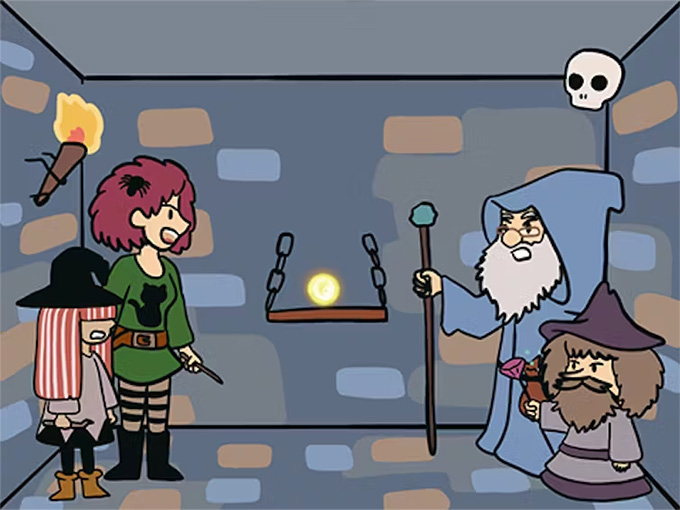
The society in which we live is still in need of achieving greater equality and integration. Cases of gender violence still open the news almost every day. We still verify that there is a gender gap in certain jobs or, even, we find out that drugs are not usually tested on women , among other issues.
However, these situations are much worse in other parts of the planet. For example, there are countries where female genital mutilation is still practiced , where girls are removed from the group when they have their period or are forced to marry at a very young age.
In many places girls do not have access to education . There are countries where discrimination increases for racial reasons, for belonging to the LGTBIQ+ community or for having a disability.
Investigate to achieve equality
The work to achieve real equality has many forms. One of them is research. In the field of humanities it is fundamental, since cultural products (literature, painting, cinema, etc.) are, at least, a reflection of these inequalities .
As the artist and femnist activist Yolanda Domínguez explains , repeated stereotypes end up having an impact on our behavior.
This is what our research is about . We have explored how, through time, the arts have shown different issues related to gender identities.
In part, culture has contributed to shaping the idea we currently have of what it means to be a woman or a man. Stereotypes, roles, violence, gender expression, etc. These are some of the many issues that have been addressed and that can be consulted through the Contextura informative website .
A video game to educate in equality
Now the project has gone one step further and the web hosts an educational video game, aimed mainly at teenagers (but which can be played by people of any age). The game helps, in a fun and active way, to reflect on some of these issues.
 Thus, the main character, Iku, is a fruit of a tree, which has been loaded with stereotypes by listening to humans talk under the glass. Falling from the tree he comes to life and feels heavy. Various situations will help you to get rid of the armor that prevents you from moving quickly and seeing clearly.
Thus, the main character, Iku, is a fruit of a tree, which has been loaded with stereotypes by listening to humans talk under the glass. Falling from the tree he comes to life and feels heavy. Various situations will help you to get rid of the armor that prevents you from moving quickly and seeing clearly.
Iku travels through four scenarios in which he will meet characters as diverse as Medusa , the Bearded Woman from Ribera and the witches.
Among the tests that you will have to pass there are from a dance duel to a small escape room . In the four scenarios, Iku will learn about the following issues:

The Bearded Woman of Ribera reinterpreted by Laura Corredor. Drawing of a bearded woman in a dress, with her arms crossed. , Author provided
- Invisibility of women . As an example of this, we can point out how many women artists could not sign the works with their names, but with that of their fathers or husbands. An example of this is that of the painter Clara Peeters , who portrayed herself in the reflections of the objects she painted as a way of showing that the author was a woman. This situation can be seen, for example, in the first season of the series La Peste , through the character of Teresa Pinelo , who paints her works, signing her father’s name even after he dies. A good resource on this subject is the documentary-series presented by Nieves Concostrina, Pioneras .
- Violence towards women . For example, Iku will learn about Klimt’s The Kiss and the origin of the scene, a passage from classical mythology that represents Apollo’s attempted rape of Daphne .
- Local identity and gender expression . What clothes or what colors are for girls or boys are analyzed, according to our current culture, and the need to free oneself from these issues is addressed so that people, especially in adolescence, can freely show themselves as they are.
- Stereotypes and roles . Care tasks are still linked to women. For example, many more women than men pursue studies such as nursing and early childhood education.

Image of one of the scenarios of the video game. The design is by Laura Corredor, the editing by David de la Torre and Miguel Ángel Rodrigo Lisbona, the music by Juande Calderón and the texts by Carmen Haro, Mamen García and Laura Luque. Author provided
A fun way to think
The video game can be used in formal educational contexts, since gender equality is a key point of the current education law and one of the Sustainable Development Goals , but it can also be used at home.
To do this, other educational games have been taken as a model, such as the one carried out by the Museo del Prado on the occasion of its bicentennial, to make the women painters of its collection known.
We invite readers to enter the web, dive through the texts and play this fun and educational game, to use it in the classroom if they are teachers or at home if they have sons and daughters.
Author Bios: Laura Luque Rodrigo leactures in History of Art and Yolanda Caballero Aceituno is a Contracted Professor Doctor (Department of English Philology both at the University of Jaén
